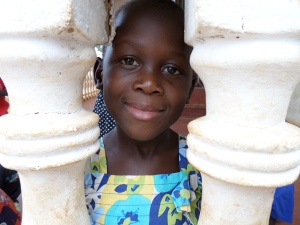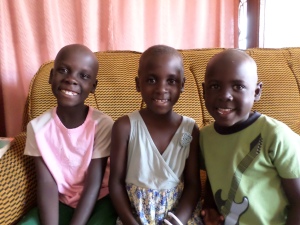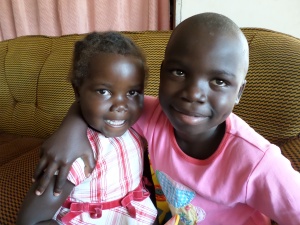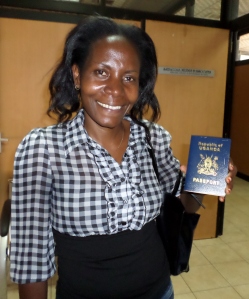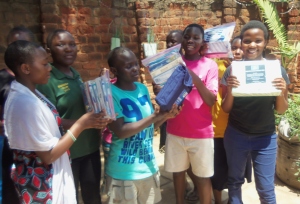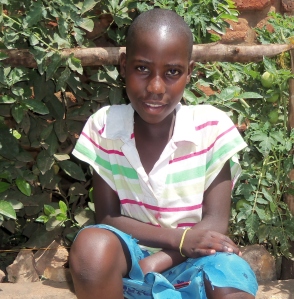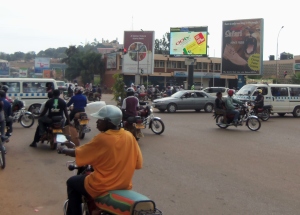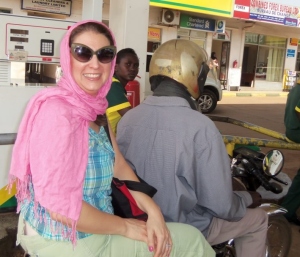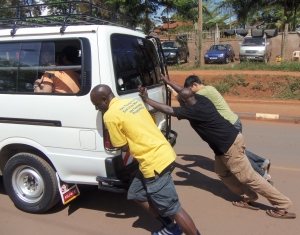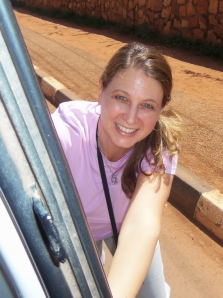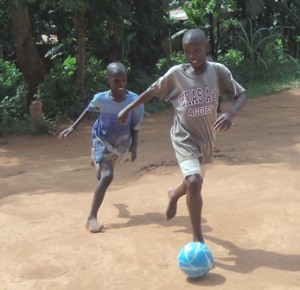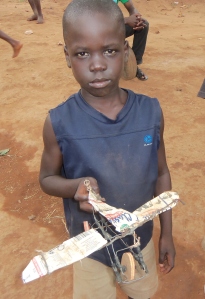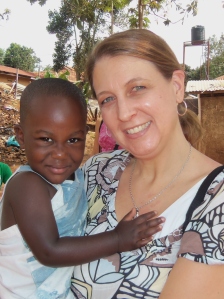With less than 48 hours left in country, I’m already in “reflection” mode as I consider the great amount of work we’ve accomplished here in a small stretch of time. In the last week, I’ve met many new children who are waiting for families of their own. Orphaned siblings eking out a living in a grass hut in a rural village. A boy given up for adoption by grandparents who are too elderly and impoverished to care for him and raise him to manhood. A brother and sister, abandoned by their mother, left with only each other and the clothes on their backs. As I listen to their stories, so many of them deeply tragic, I can be overwhelmed, and I wonder what I can do. I am just one person.
The realities of poverty in developing nations can certainly leave me feeling very small. There are so many needs. But more than ever, on this trip, I have seen the great power that exists in the collective care of people, reaching out with unconditional love, compassion and acceptance to those who need it most.
This week, the Permanent Secretary in the Office of the Prime Minister requested a meeting with me to discuss improvements to the adoption system in Uganda. What a special honor! There is currently no central adoption authority, and many of the complexities we encounter are a result of this lack of infrastructure. I was thrilled, prepared a proposal of improvements and changes, and enjoyed an enthusiastic conversation with him a few days later. I believe our time together was significant. I look forward to how our relationship deepens in the coming months as together we work to better protect children and families and streamline the international adoption process.
During the week, I also met missionaries who are serving in a rural area about five hours outside of Kampala. Coincidentally, we have a sibling group we are working to place who come from this same area. Preparing paperwork for children who live in rural areas is a strenuous task. You must understand and respect the local culture, and you must be very flexible and patient. My time limitations did not allow me to travel to the village during this trip, but the missionaries there will provide us with a connection to temporary resources for these precious children as we wait to complete their paperwork and match them with a forever family.
The Permanent Secretary, the missionaries, my colleagues here in Kampala, our staff back in Washington, and you — we are all part of the village that it will take to raise these children. Alone, the task may seem too big. Together, I believe, we can accomplish great things.
To donate to our work in Uganda, click here.
